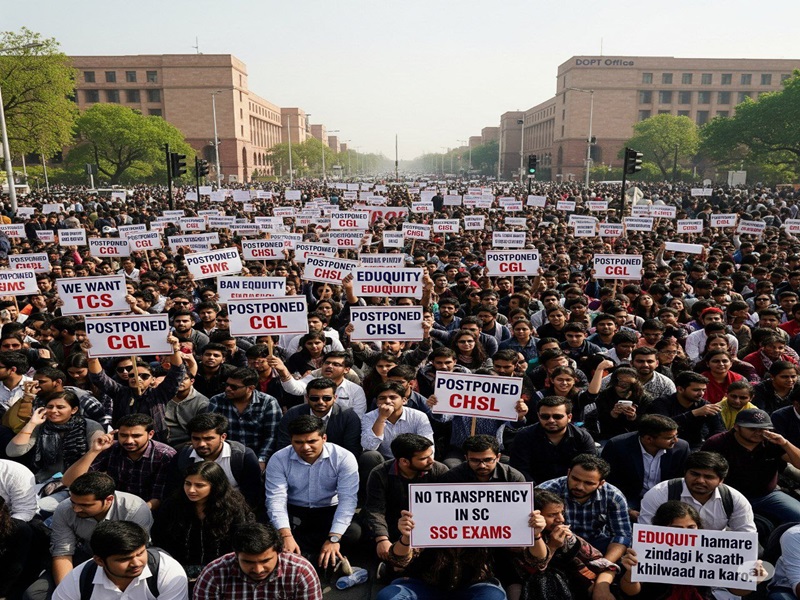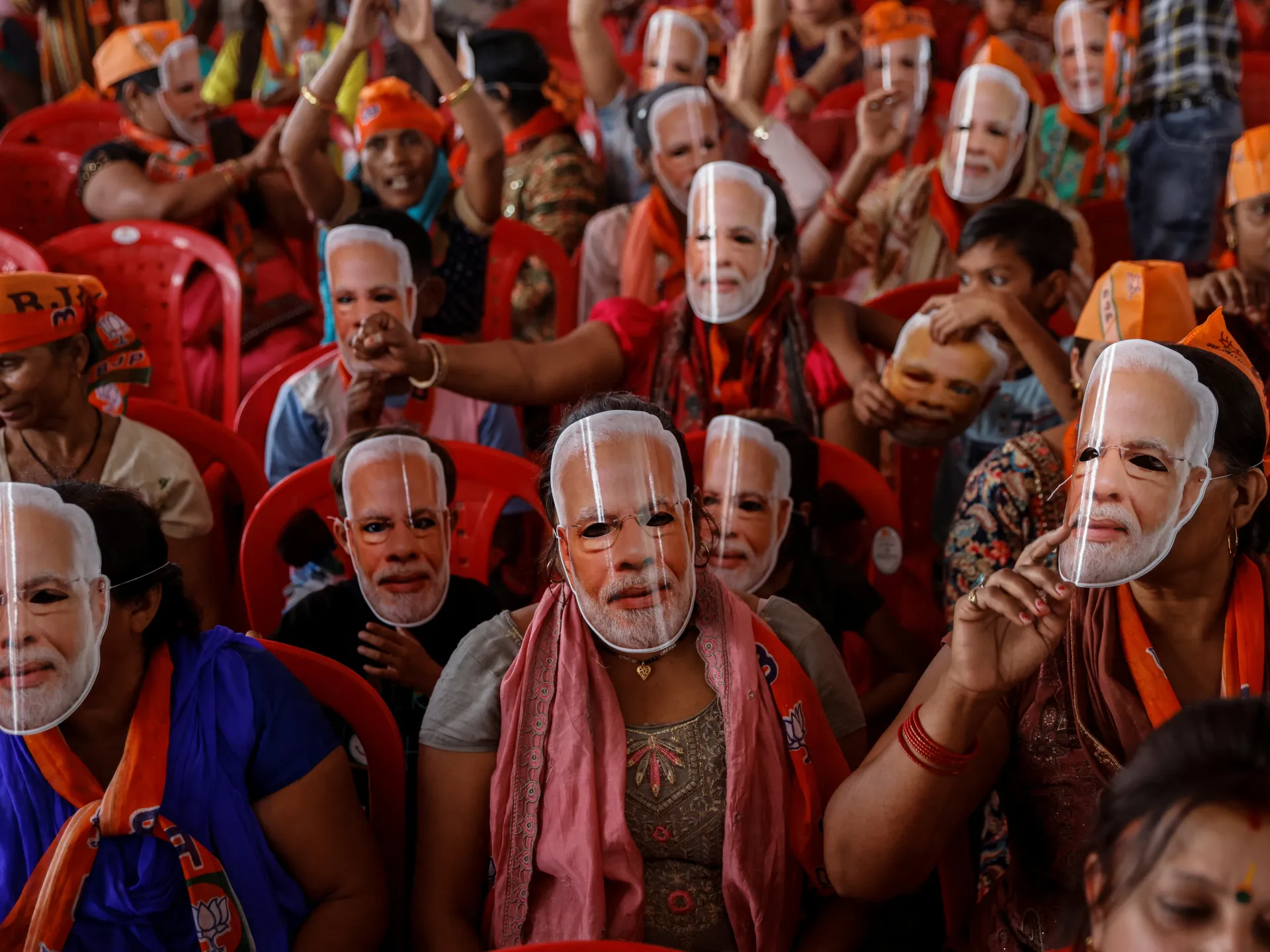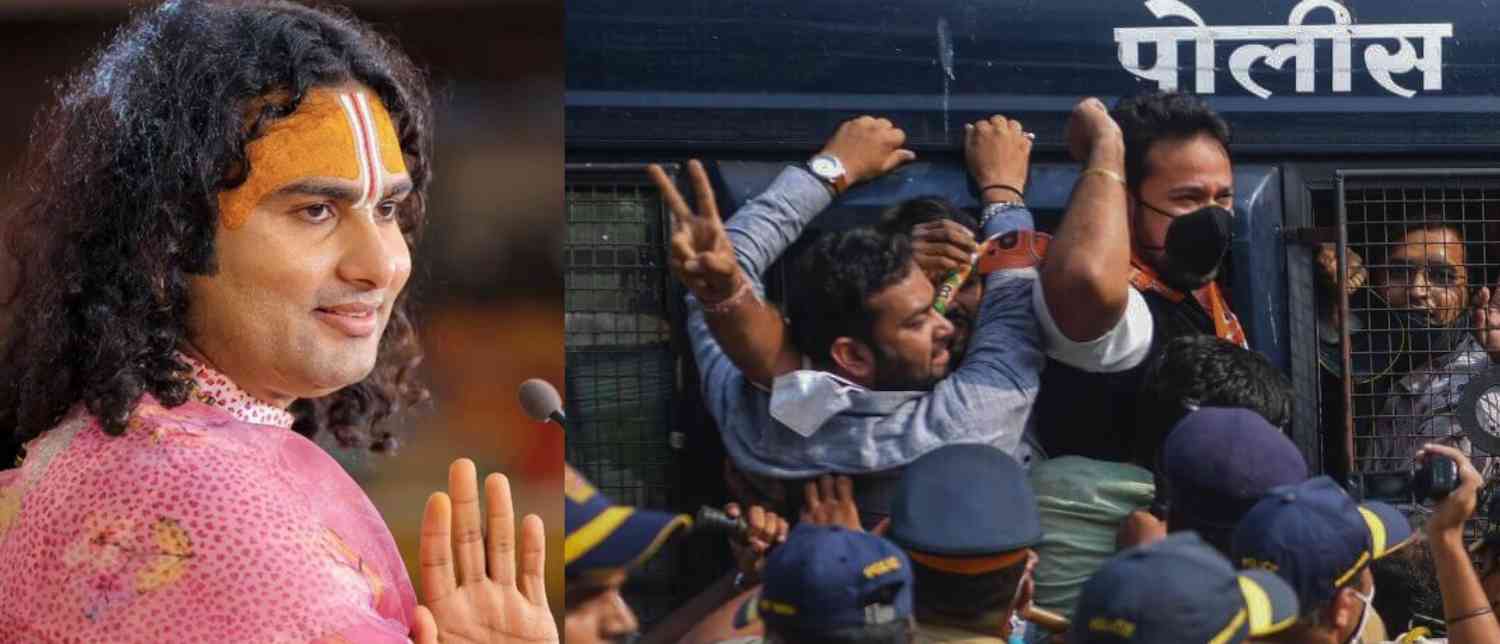Guruji’s recent remarks on the live-in relationship trend have sparked significant public and media discussion, drawing more attention than other pressing social issues, such as the ongoing SSC exam scandal. This phenomenon raises important questions about media priorities and societal focus in India today. An in-depth look at Guruji’s views on live-in relationships contrasted with the relatively muted coverage of the SSC scam reveals much about public discourse, cultural values, and the role of media in shaping narratives.

Guruji, a respected spiritual leader known for his insightful commentary on social norms, addressed the increasingly prevalent trend of live-in relationships in modern Indian society. His words emphasized understanding, acceptance, and the evolving dynamics of relationships beyond traditional matrimonial frameworks. Guruji highlighted that love and companionship are fundamental human needs that transcend conventional rituals and societal expectations. He stressed that live-in relationships, when founded on mutual respect and commitment, could be a progressive step towards individual freedom and emotional well-being.
This stance from Guruji resonates strongly with many urban youth and liberal thinkers who advocate for personal choice and argue that societal acceptance of live-in relationships can mitigate issues like forced marriages, marital discord, and domestic abuse. His comments encouraged public reflection on the stigma attached to cohabitation before marriage, urging society to adopt a more compassionate and open-minded approach. The discussion has since engaged families, youth, and cultural commentators, making the live-in debate a hot topic in newsrooms and social media platforms alike.

However, while Guruji’s words found a massive audience, another critical issue—the SSC exam scandal—continues to unfold in relative obscurity. The SSC (Staff Selection Commission) exam scam involves large-scale administrative failures, alleged question paper leaks, and exam cancellations that have disrupted the futures of thousands of aspiring candidates nationwide. For many young Indians, SSC exams represent a critical pathway to stable government employment, a lifeline in a highly competitive job market.
Students and job seekers have protested persistently, demanding transparency, reexaminations, and justice for the affected candidates. Multiple protests have taken place in various cities, often met with police action, yet the media attention and public discourse remain subdued. The scandal exposes systemic issues of corruption and inefficiency that undermine faith in government recruitment processes and fuel broader frustrations over unemployment and social inequality.

The contrast between the extensive coverage of Guruji’s social commentary and the relatively low-profile treatment of the SSC exam scam highlights a stark disparity in media priorities. Cultural topics like relationship norms attract dramatic, emotionally charged debates that captivate audiences and invite opinionated discussions. Meanwhile, complex institutional problems involving corruption and governance tend to receive less sustained coverage despite their profound impact on livelihoods and social stability.
This skew in attention shapes public perception, arguably sidelining issues with far-reaching economic and social consequences in favor of cultural controversies. For the youth affected by the SSC scandal, the consequences are tangible and immediate: lost opportunities, uncertain futures, and a sense of betrayal by the systems designed to support meritocracy. For society at large, the failure to hold institutions accountable threatens the social contract and trust in public administration.

In conclusion, while Guruji’s compassionate and progressive take on live-in relationships plays an essential role in challenging outdated social norms and fostering inclusivity, the gravity of the SSC exam scandal demands equal, if not greater, scrutiny and public engagement. The urgency of rectifying systemic corruption and protecting the rights of millions of young aspirants should not be overshadowed by debates on cultural trends. A balanced media narrative that addresses both cultural evolution and institutional accountability can better serve the diverse interests and needs of India’s population.
Guruji’s words have indeed sparked important conversations, but the call for justice in the SSC exam scandal remains a more immediate and critical struggle for many. Bridging the gap between social dialogue and systemic reform will require conscious effort from media, public institutions, and civil society to ensure that every important issue receives its due attention.
With inputs from agencies
Image Source: Multiple agencies
© Copyright 2025. All Rights Reserved. Powered by Vygr Media.


























